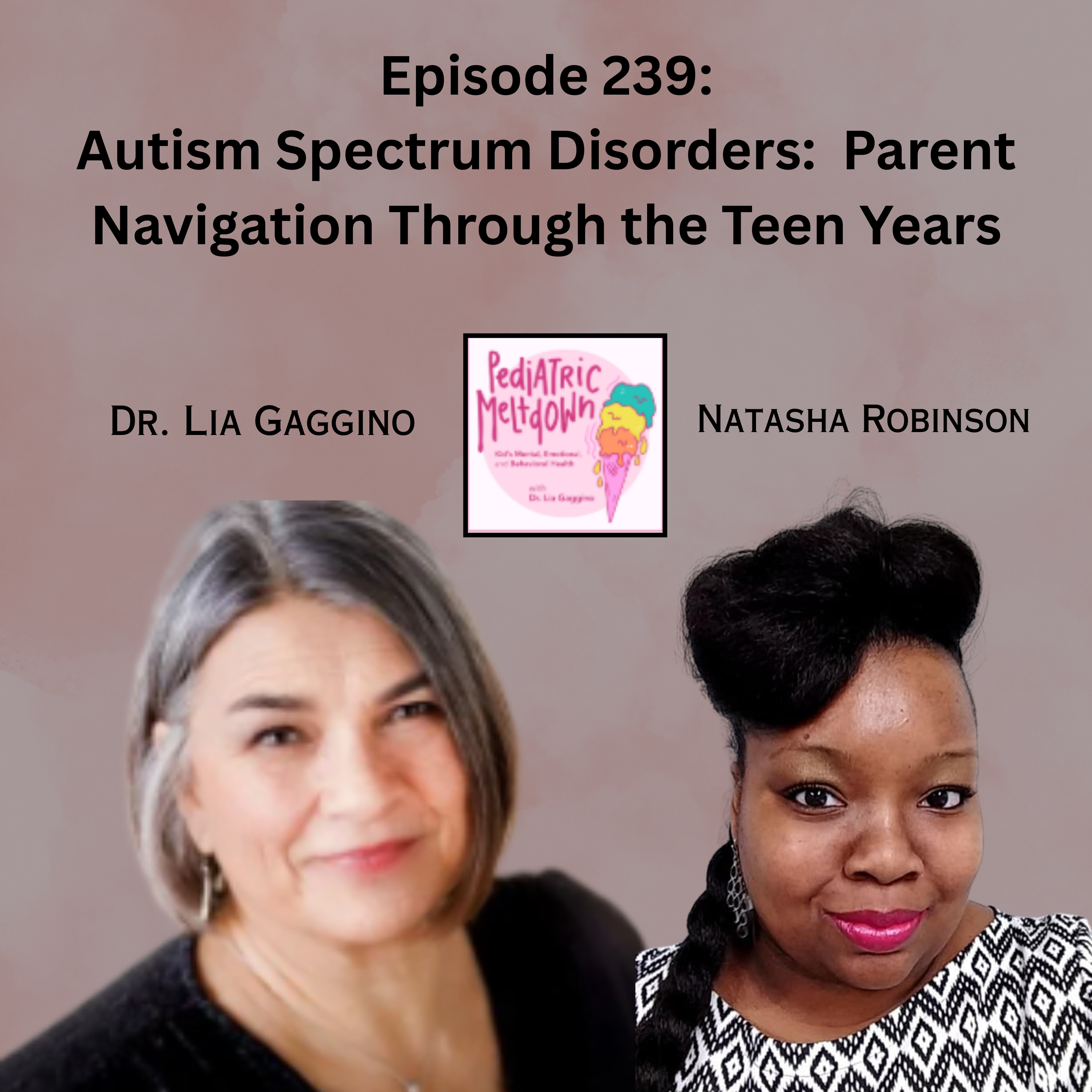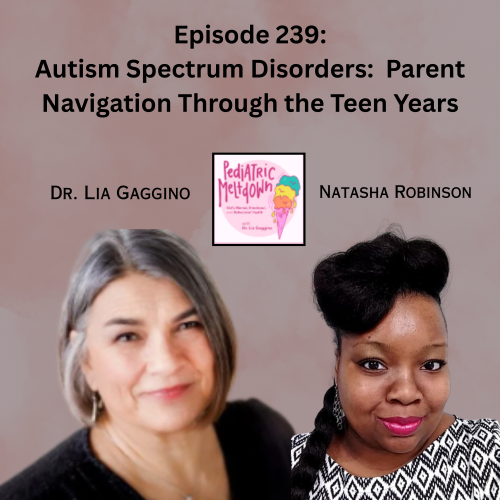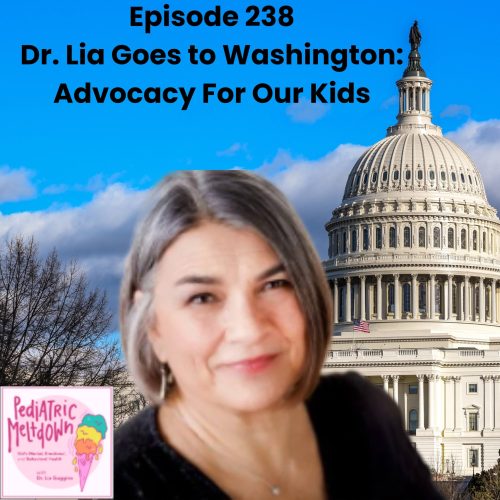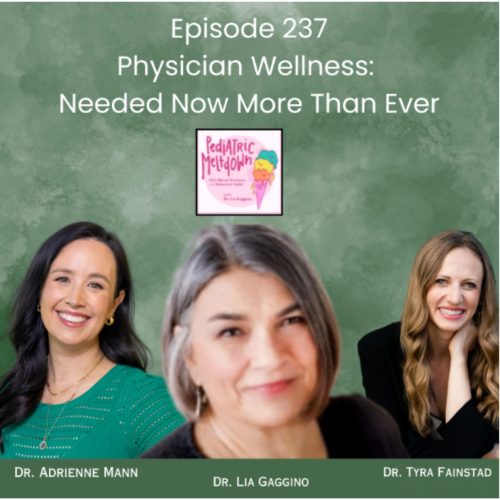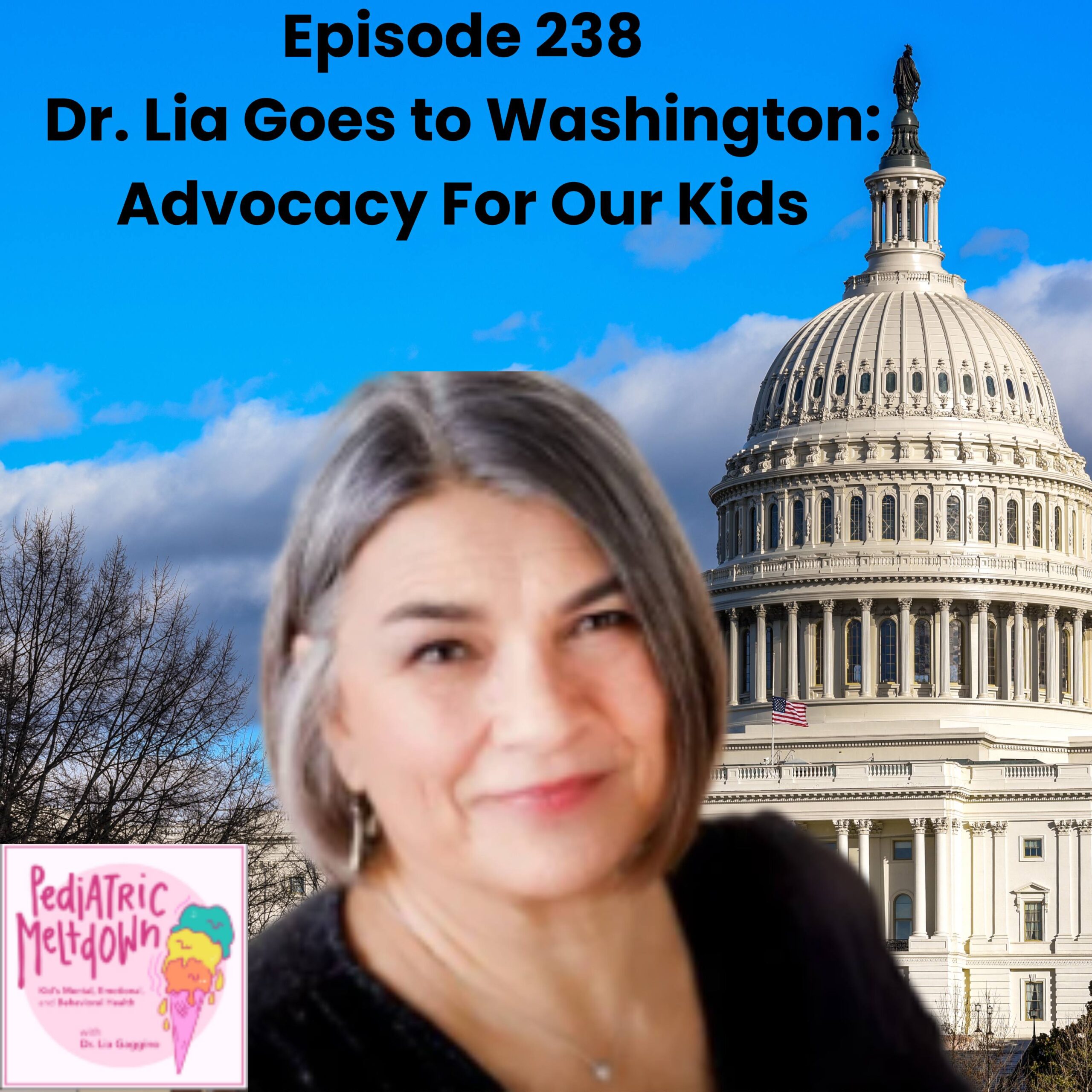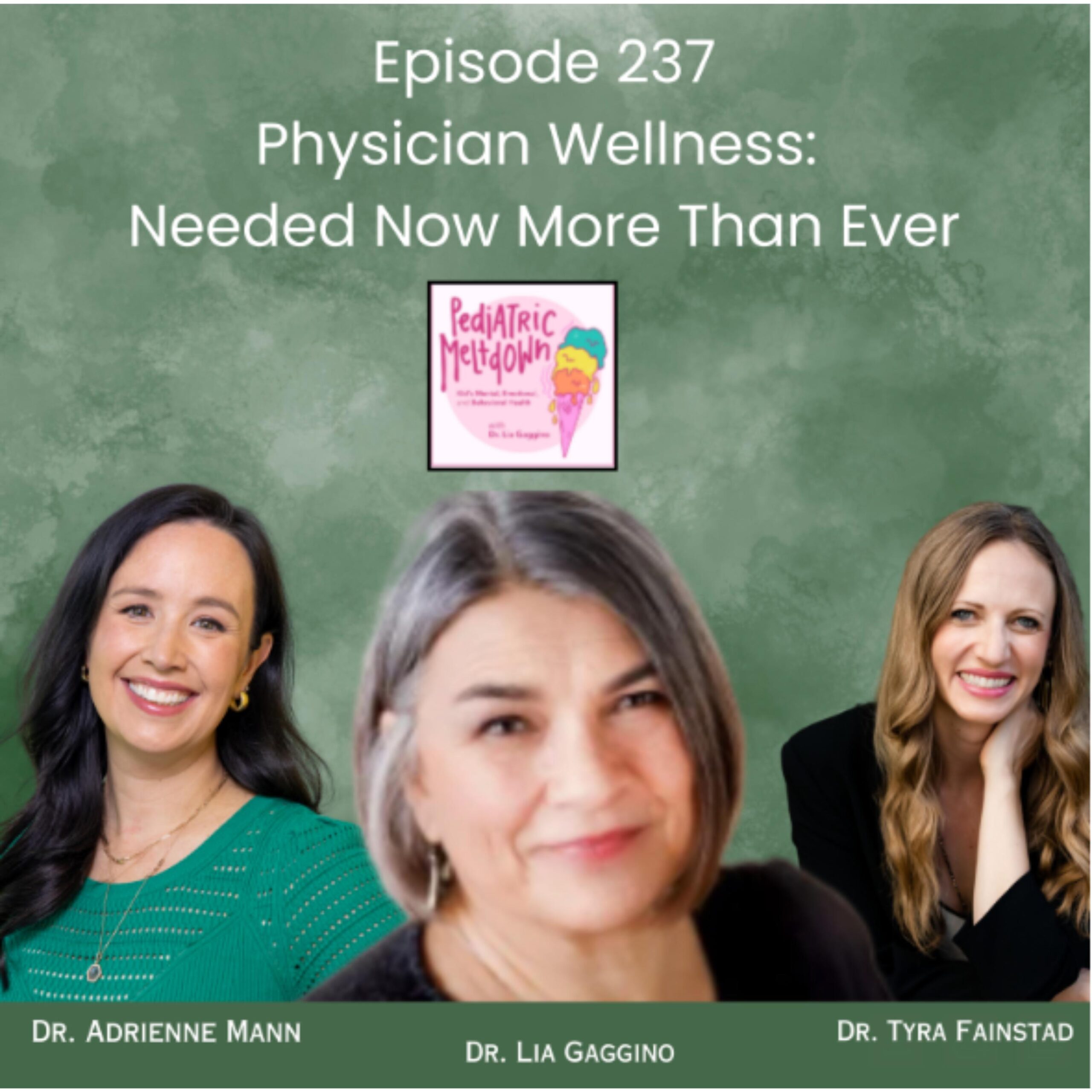Autism Spectrum Disorders: Parent Navigation Through the Teen Years
What does it really take to guide a teenager toward independence in an ever-changing world?
From managing IEPs and beginning transition planning at 14 to fostering self-awareness and skills for adult life, the journey is layered with challenges and growth. Parents like today’s guest, Natasha Robertson grapple with teaching social media safety, addressing emotional needs, and balancing day-to-day struggles with long-term goals. The process is both exhausting and inspiring, requiring patience, persistence, and firm advocacy.
While the tools like coaching, therapies, and community support help, the weight often falls on families to navigate complex systems, such as educational frameworks and disability services. For teens, building independence means developing judgment, learning routines, and understanding boundaries in a digital age. For parents, like Natasha, it means preparing them for emotional, financial, and social self-reliance while ensuring basic skills are mastered.
Are we as a society truly equipping these families and teens with the tools they need, or are we still leaving them to figure it out in isolation?
[00:00 – 05:09] Evolving Services and Self-Advocacy
- Realizing that past trial-and-error with therapies informs current decisions
- The child’s ability to describe symptoms (e.g., stomach pain, insomnia) guides interventions
- Emphasizing the shift from purely parent-led advocacy to incorporating the teen’s direct feedback
- Preparing for ongoing changes in support needs as the child advances academically and socially
[05:10 – 12:31] Navigating the Teen Years
- Addressing the impact of puberty and hormonal shifts on behavior
- Considering new social interactions and the need for structured support
- Implementing coaching strategies for everyday routines (e.g., chores, picking out clothes)
- Recognizing that independent living skills build gradually through guided practice
[12:32 -31:06] Managing Digital Boundaries
- Establishing phone usage restrictions (e.g., set times) to protect against late-night browsing
- Finding monitoring tools (apps that flag concerning words) to balance privacy and safety
- Realizing that direct honesty about monitoring builds trust with teens
- Coaching the teen on responsible online communication and the risks of oversharing personal data
[31:07 – 42:06] Caregiver Self-Care and Resilience
- Carving out small daily moments for personal relaxation (e.g., a movie break or foot soak)
- Relieving stress by connecting regularly with supportive friends
- Observing that the teen’s increased coping skills allow the caregiver to pause before intervening
- Trusting the cumulative impact of years of therapies and interventions
[42:07 – 55:46] Dr. G’s TakeAways
Contact Natasha Robertson
Additional Resources Mentioned
- Community Living Supports: Services that assist with daily living skills and social engagement.
- Individualized Education Program (IEP) & Transition Planning: Formal educational plans that outline services and future goals for adolescents.
- Career-Connect Programs: Local agencies or initiatives that help teens explore job training, résumé building, and employment opportunities.
- Book: A teen parenting guide by Dr. Ken Ginsburg, titled Congrats, You’re Having a Teen, referenced for positive perspectives on adolescence.
- Amazon.com: Congrats―You’re Having a Teen!: Strengthen Your Family and Raise a Good Person (Audible Audio Edition): Kenneth R. Ginsburg MD MSEd FAAP, Christopher Grove, Tantor Audio: Books
Resources:
Bark App Family Controls:
https://www.bark.us/?ref=73YKTCT
Transition planning Michigan:
AAP Supporting Transition from Adolescence to Adulthood: https://publications.aap.org/pediatrics/article/142/5/e20182587/38577/Supporting-the-Health-Care-Transition-From?autologincheck=redirected
Here are some more episodes you may like
https://pediatricmeltdown.com/episodes
- Chronic School Absenteeism: The Role of Pediatricians
97 Helping Kids Thrive: A Parent’s Story
59 Autism Spectrum Disorders: Early Intervention and Referral is Crucial
58 Autism Spectrum Disorders: What Pediatric Clinicians Need to Know
Tweetable Quotes:
“And just having a free budget to kind of be able to do that without guilt. Right? Because when you’re low income and those sorts of things, it can be hard to justify buying pizza once a week out or going out for a steak dinner just because, you know, and then actually tipping somebody to bring you your plate.”…. Natasha Robinson on Financial Freedom for Simple Pleasures
“And so, it’s one of those things where we’ve had to start having some really tough conversations about, okay, what kind of conversations are appropriate, with girls online? What, information can you share online with people? Like our address? Definitely not. You don’t know them, you know?”…. Natasha Robinson on Navigating Online Safety
**TRANSCRIPT AVAILABLE UPON REQUEST**
SUBSCRIBE & LEAVE A FIVE-STAR REVIEW and share this podcast to other growing entrepreneurs!
Get weekly tips on how to create more money and meaning doing work you love and be one of the many growing entrepreneurs in our community. Connect with me on LinkedIn; https://www.linkedin.com/groups/12656341/ or on Instagram or our website at www.lifeaftercorporatepodcast.com .

